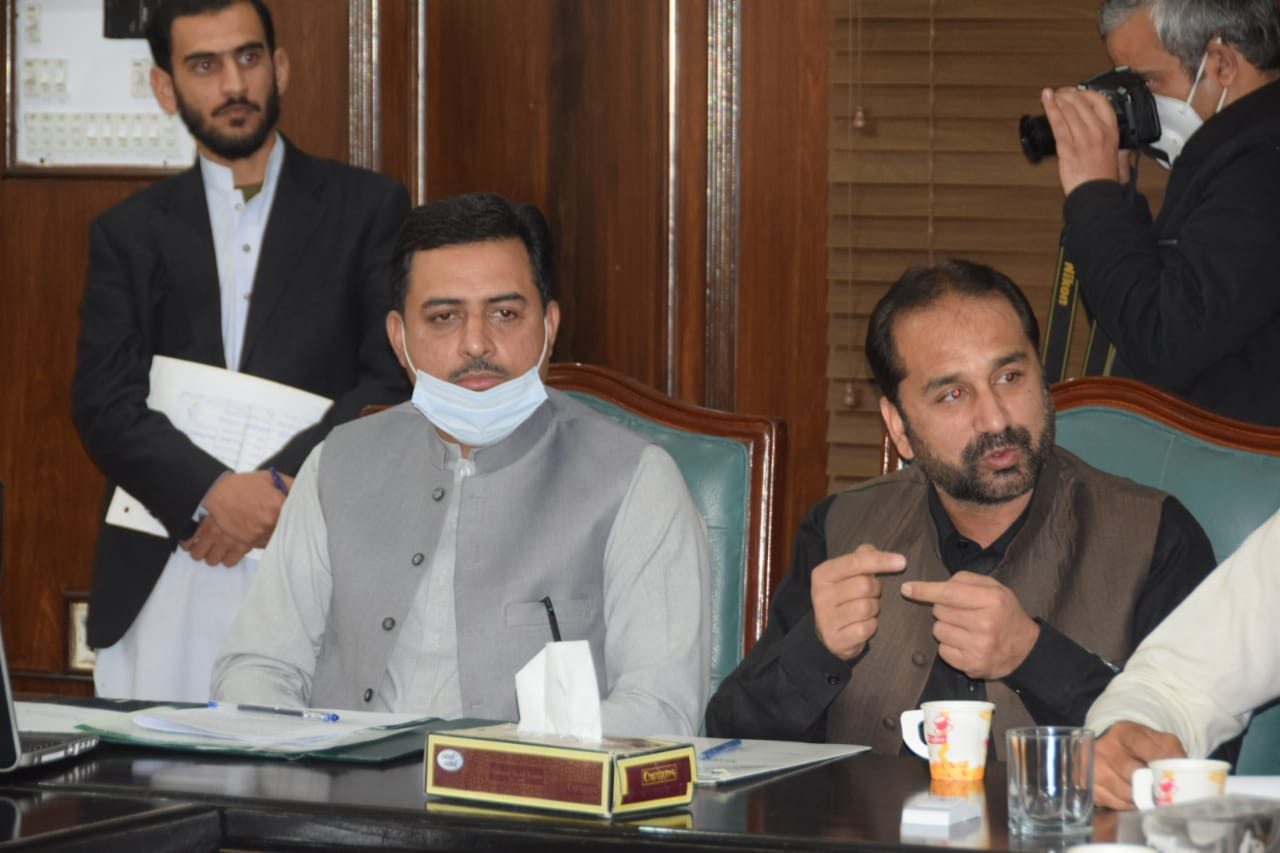The 5th World Congress on Justice With Children concluded today in Madrid, reaffirming the international community’s commitment to placing children at the heart of justice systems worldwide. Organized by the Global Initiative on Justice With Children – in partnership with Terre des Hommes, Penal Reform International, the International Association of Youth and Family Judges and Magistrates (IAYFJM), UNICEF, UNSRSG, and the Global Campus of Human Rights – the Congress convened a wide array of global leaders, judges, prosecutors, civil society, and youth from June 2 to 4 under the theme: “Advancing Child-Centered Justice: Preventing and Responding to Violence Affecting Children in Child Justice Systems.”
High-level representation from Pakistan included Honourable Mr. Justice Syed Mansoor Ali Shah, Senior Puisne Judge of the Supreme Court; Syed Farhad Ali Shah, Prosecutor General of Punjab, Mrs Rabiya Javeri Agha, Chairperson National Commission for Human Rights (NCHR), Valerie Khan GEDSI and child rights consultant, and delegates from Group Development Pakistan (GDP) in collaboration with UNICEF, UNFPA, UN SRSG on Violence against Children, the French Embassy to Pakistan, Spanish Embassy to Pakistan, and Mr Gilles Blanchard.
Coming off the heels of a historic legislative victory in Pakistan- the passage of the ICT Child Marriage Restraint Act 2025 -the Congress created space for Pakistan to present its reform momentum to an international audience. The new law sets the legal age of marriage at 18 for all genders and introduces strict penalties for violators, representing a major step toward ending harmful practices and advancing children’s rights.
Additionally, Honourable Justice Syed Mansoor Ali Shah emphasized the philosophical and legal imperatives of child-centered justice, stating:
“A child is not the property of the state or a parent. They are the future, and they will govern our planet.”
He further underscored the urgency of the moment:
“For our children, who are both our future and our present, we cannot afford to delay action. We must prioritize the rights of children because this is essential for them to enjoy their human rights today, and because it is an investment in our future.”
The Senior Puisne Judge of the SCP also took this opportunity to highlight some ground-breaking jurisprudence that made it binding for the family courts to apply the principle of the “best interest of the child”, thereby fostering a paradigm shift towards a child rights-based dispensation of justice.
Prosecutor General of Punjab Syed Farhad Ali Shah presented the province’s integrated and data-driven approach to child and adolescent centric-justice sector reform:
“We have international organisations like UNFPA and UNODC helping us strengthen our departments. As a criminologist, I find siloed operations detrimental. Our Chief Minister has integrated departments, giving us access to real numbers and real facts. A designated prosecutor now provides a line of inquiry to the police in GBV cases. Any child or adolescent involved must be interviewed in a place of their choosing.”
The Congress featured plenary discussions, workshops, and child-led sessions addressing a range of justice priorities, including digital justice, child detention, neuroscience-informed approaches, and justice systems during crisis. Delegates exchanged promising practices and reaffirmed commitments to advance accountability and restorative models that prioritize the dignity, safety, and voice of the child.
Representatives from GDP emphasized the role of collective action:
“This Congress has been instrumental in bringing together diverse voices to champion the cause of justice for children. The recent legislative advancements and the launch of the Reimagine Justice for Children in Pakistan last December, in collaboration with the FJA, are a testament to what collaboration across institutions can achieve.”
UNFPA and UNICEF echoed this sentiment, reiterating their support for evidence-based, child-sensitive, inclusive and gender-responsive legal reforms in Pakistan, while Humna Rights Commissions in Pakistan called for the nationwide adoption and implementation of the Child Marriage Restraint Act as per constitutional and international standards.
As the Congress concluded, global leaders committed to deepening cooperation to transform justice systems—ensuring that every child and adolescent, in every country, is treated not just as a subject of the law, but as a full and active rights-holder.
Also read: Pakistan bans child marriage under 18, imposes strict penalties in new law









